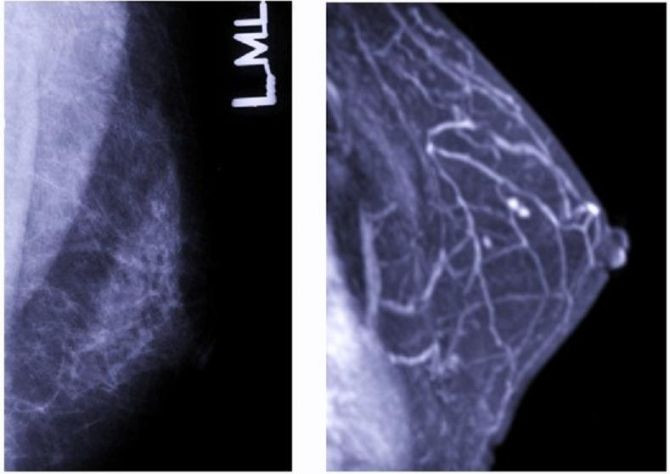Scientists Create Breast Cancer Prognosis Predictor

Researchers working in the field of computational biology have created a tool that can be used to predict breast cancer survival. The creators hope to use the algorithms to help improve diagnoses and prognoses for many other types of cancers.
The researchers had built on previous work that showed certain gene expression signatures in different cancer types were identical. They then created a model of gene expression and used them as indicators of breast cancer survival. Using the model to analyze actual data sets and genetic data from cancer patients, the researchers were able to predict breast cancer survival.
The research comes from the newly emerging field of 'systems biology' which tries to understand the interaction of different biological networks using computational algorithms and modeling.
"These signatures manifest themselves in specific genes that are turned on together in the tissues of some patients in many different cancer types," Dimitris Anastassiou, a professor in electrical engineering and a member of the Columbia Initiative in Systems Biology who led the study, said in a university press release.
"And if these general cancer signatures are useful in breast cancer ... then why not in other types of cancer as well?" he said. "I think that the most significant — and exciting — implication of our work is the hope that these signatures can be used for improved diagnostic, prognostic and, eventually, therapeutic products, applicable to multiple cancers."
The research had won a competition to discover better ways to evaluate cancer survival by analyzing data sets from Sage Bionetworks/DREAM Breast Cancer Prognosis Challenge (BCC). The DREAM — Dialogue for Reverse Engineering Assessments and Methods — conducts a variety of computational challenges with the goal of catalyzing the "interaction between theory and experiment, specifically in the area of cellular network inference and quantitative model building in systems biology."
Sage Bionetworks/DREAM Breast Cancer Prognosis Challenge is a crowd-sourced effort to develop accurate breast cancer prognosis using molecular and clinical data.
The results of the research can be found in the journal Science Translaional Medicine.
Published by Medicaldaily.com



























